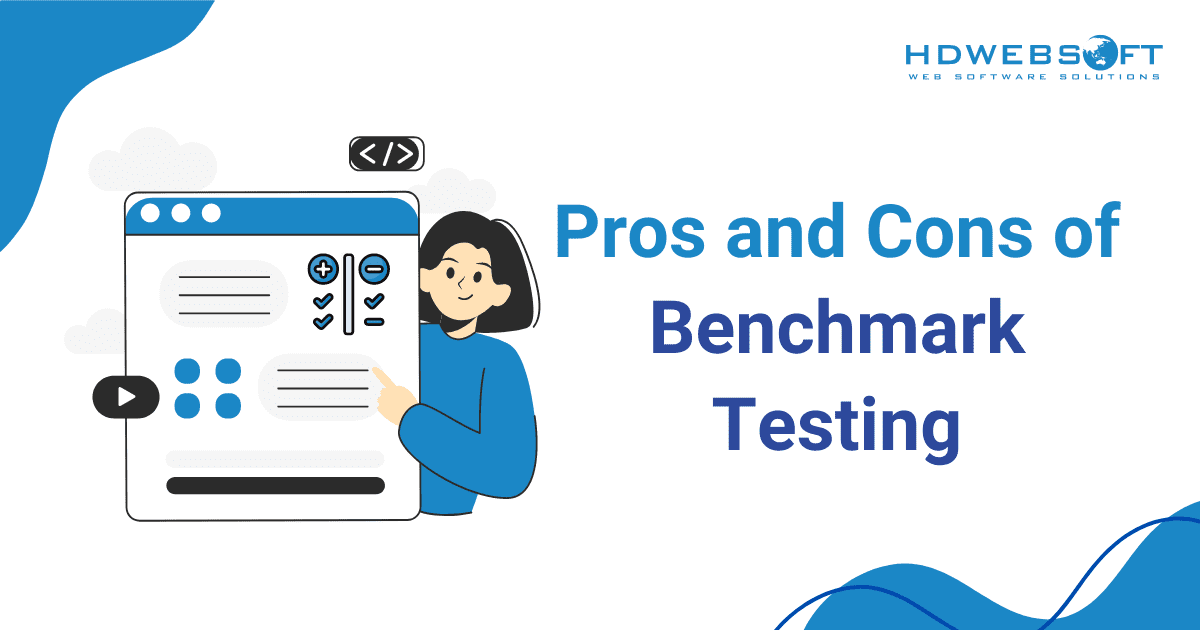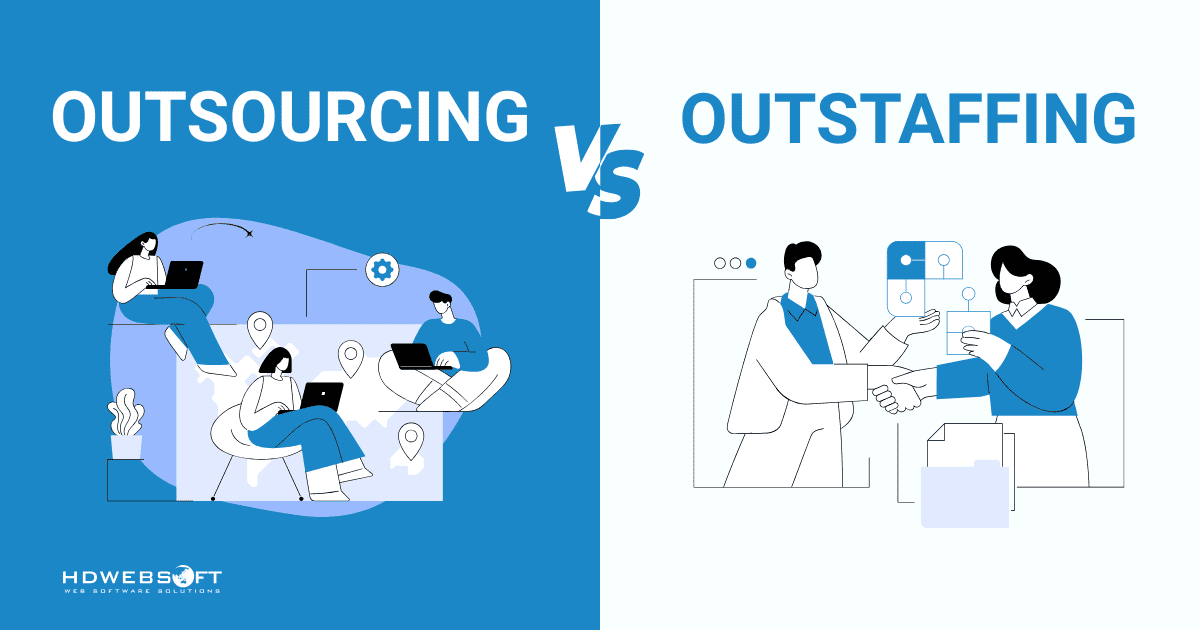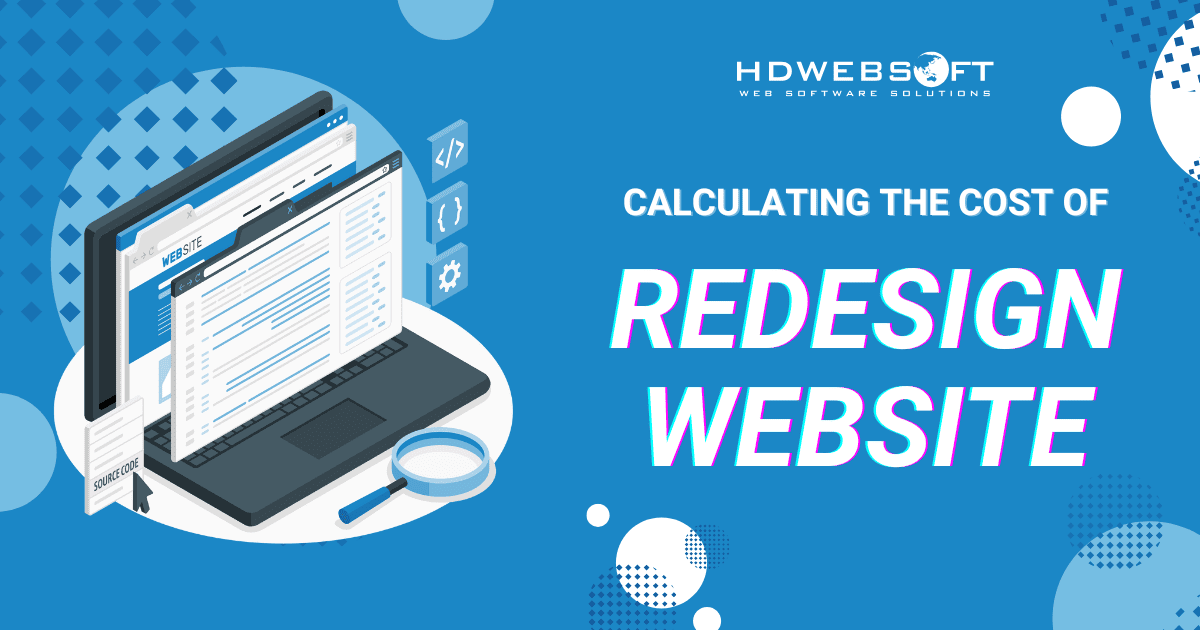
Outsourcing Custom Healthcare Solutions: Pros and Cons
In the rapidly evolving landscape of healthcare, the need for customized solutions is more critical than ever before. Healthcare providers and organizations are increasingly turning to custom healthcare software solutions to address unique challenges, streamline operations, and improve patient care. While some choose to develop these solutions in-house, others opt for outsourcing. In this academic blog, we will explore the realm of custom healthcare solutions and outsourcing, dissecting the advantages and disadvantages associated with this practice.
About Custom Healthcare Solutions
What are Custom healthcare solutions?
Custom healthcare solutions are software applications and systems specifically designed to meet the individual needs and requirements of healthcare organizations.
These solutions are meticulously crafted to align with the workflows, processes, and goals of healthcare providers, ensuring that they function seamlessly within the complex and highly regulated healthcare environment. However, they also come with challenges, such as development costs, time requirements, expertise needs, maintenance commitments, and the risk of scope creep. Custom healthcare solutions have emerged as a powerful means of addressing the unique challenges faced.
Dive deeper about: Healthcare Software Development
How to apply Custom healthcare solutions?
Implementing custom healthcare solutions for a healthcare organization involves a systematic approach to ensure successful integration, adoption, and effectiveness. Here are steps to guide the implementation process:
1. Needs Assessment and Planning
- Begin by conducting a comprehensive needs assessment. Identify the specific challenges, inefficiencies, and goals within the healthcare organization that custom solutions should address.
- Develop a clear plan outlining the objectives, scope, and timeline for implementing custom healthcare solutions. Involve key stakeholders in this planning stage to ensure alignment with organizational goals.
2. Vendor Selection or In-House Development
- Decide whether to develop the custom solution in-house or collaborate with a specialized vendor. Consider factors like the organization’s IT capabilities, budget, and timelines.
- If outsourcing to a vendor, conduct a thorough evaluation of potential partners, considering their expertise, experience, references, and the ability to customize solutions to your organization’s needs.
3. Customization and Development
- Work closely with developers or vendors to customize the solution according to the organization’s specific requirements.
- Establish clear communication channels to provide feedback and monitor the development progress. Regularly review prototypes and test functionalities to ensure they meet expectations.
4. Data Integration and Migration
- Integrate the custom solution with existing healthcare systems and databases, such as Electronic Health Records (EHR) or Practice Management Systems (PMS). Ensure that data migration is handled securely and accurately.
For further details about Healthcare systems and databases: Trends of Technology in Medical Software Development
5. User Training and Support
- Develop a comprehensive training program for all users who will interact with the custom solution, including healthcare professionals, administrative staff, and IT personnel.
- Provide ongoing support and helpdesk services to address user questions, troubleshoot issues, and ensure a smooth transition.
6. Compliance and Security
- Ensure that the custom healthcare solution complies with relevant healthcare regulations, such as HIPAA in the United States, and industry-specific data security standards.
- Implement robust security measures, including encryption, access controls, and regular security audits, to protect patient data and maintain compliance.
7. Pilot Testing and Quality Assurance
- Conduct pilot testing with a select group of users to identify any potential issues or improvements before rolling out the solution organization-wide.
- Implement a quality assurance process to identify and address bugs, usability issues, and performance concerns.
8. Deployment and Rollout
- After successful pilot testing and quality assurance, deploy the custom healthcare solution across the entire organization.
- Communicate the rollout plan to all stakeholders, providing guidance on how to access and use the solution effectively.
9. Monitoring and Evaluation
- Continuously monitor the performance and usability of the custom solution. Gather feedback from users to identify areas for improvement.
- Regularly evaluate the solution’s impact on efficiency, patient care, and other predefined objectives.
10. Scalability and Updates
- Ensure that the custom solution can scale as the organization grows or as new needs arise.
- Plan for regular updates and enhancements to keep the solution aligned with evolving healthcare practices and regulations.
11. Documentation and Knowledge Transfer
- Maintain comprehensive documentation of the custom solution, including user manuals, technical specifications, and development records.
- Facilitate knowledge transfer within the organization to ensure that staff can manage and maintain the solution effectively.
12. Feedback Loop and Continuous Improvement
- Establish a feedback loop with users and stakeholders to collect ongoing input and suggestions for improvements.
- Use this feedback to drive continuous improvement efforts, enhancing the functionality and usability of the custom healthcare solution.
Implementing custom healthcare solutions requires careful planning, collaboration, and ongoing commitment because the processing is highly complicated.
Should we choose Outsourcing Services for Custom Healthcare Software Development?
Whether to apply Custom Healthcare Software Development by outsourcing depends on the specific circumstances, goals, and resources of your healthcare organization. Furthermore, there are several factors as well as pros and cons to consider when making this decision:
Advantages of Healthcare Software Development Outsourcing
1. Cost Efficiency
Cost efficiency is a compelling reason for outsourcing healthcare software development. In-house software development entails significant expenditures, including salaries for skilled developers, infrastructure investment, and ongoing maintenance costs. Outsourcing allows healthcare organizations to tap into the expertise of external development teams at a fraction of the cost, making it a financially attractive option.
2. Access to Specialized Expertise
Healthcare software development requires a unique blend of domain-specific knowledge and technical expertise. Outsourcing providers often have dedicated teams with a deep understanding of healthcare regulations, compliance standards, and best practices. This expertise ensures that the software aligns seamlessly with the healthcare industry’s specific requirements, saving time and reducing the risk of errors.
3. Faster Development Cycles
Outsourcing can lead to accelerated development cycles due to the dedicated focus of external teams. These teams can work exclusively on the project, without distractions from other organizational priorities. The shorter development timelines can be crucial in delivering innovative solutions promptly, addressing critical healthcare needs, and gaining a competitive edge.
4. Scalability and Flexibility
Healthcare organizations often require scalable software solutions to adapt to evolving patient needs, regulatory changes, and technological advancements. Outsourcing provides the flexibility to scale development teams up or down as required. This scalability allows healthcare organizations to respond swiftly to changing demands without the administrative overhead of hiring or downsizing internal teams.
5. Risk Mitigation
Outsourcing can help mitigate risks associated with healthcare software development. External providers often have extensive experience in managing compliance, security, and data privacy concerns specific to the healthcare industry. This reduces the likelihood of legal and regulatory issues, as the outsourced teams are well-versed in navigating complex healthcare environments.
Additional information available: HIPAA Compliance Software & Best Practices for Security in Healthcare
Disadvantages of Healthcare Software Development Outsourcing
1. Communication Challenges
Effective communication can be a significant challenge when outsourcing healthcare software development to teams located in different geographical regions. Time zone differences, language barriers, and cultural disparities may lead to misunderstandings, project delays, and misaligned expectations.
2. Quality Control
Maintaining consistent quality control can be more challenging when outsourcing. Healthcare organizations may have limited visibility into the development process and may need to rely heavily on the outsourcing provider’s quality assurance processes. This can potentially result in subpar software if rigorous quality control measures are not in place.
3. Data Security Concerns
Healthcare software development often involves handling sensitive patient data and confidential information. Outsourcing may raise concerns about data security and privacy, as organizations must entrust external teams with access to critical data. Robust data protection measures and compliance with relevant regulations are essential to mitigate these risks.
4. Limited Control
Outsourcing means relinquishing some level of control over the development process. Healthcare organizations may find it challenging to align the outsourced team’s priorities with their strategic goals. This lack of control can lead to delays or deviations from the desired project outcomes.
5. Hidden Costs
While outsourcing can offer cost savings, there may be hidden costs associated with managing an outsourcing relationship. These costs can include legal fees, contract negotiation, and oversight expenses, which may offset some of the initial financial benefits.
Conclusion
Custom Healthcare Solutions have become intertwined as healthcare organizations seek to leverage technology to improve patient care and operational efficiency. Outsourcing services can implement custom healthcare solutions, offering healthcare organizations a strategic advantage. It combines cost-efficiency, specialized expertise, and accelerated development cycles to address unique challenges and drive improvements in patient care and operational efficiency. According to that, by following the outlined steps and collaborating effectively with outsourcing partners, healthcare organizations can successfully apply custom healthcare solutions that cater to their specific needs and goals, ultimately enhancing the quality of healthcare delivery.
Ultimately, the decision to outsource healthcare software development should be made after a thorough evaluation of the specific needs, resources, and priorities of each healthcare organization. Besides, outsourcing can be a powerful strategy to harness the full potential of technology in the ever-evolving healthcare landscape when executed thoughtfully.
Explore further: Top 5 Java Development Companies in Vietnam











